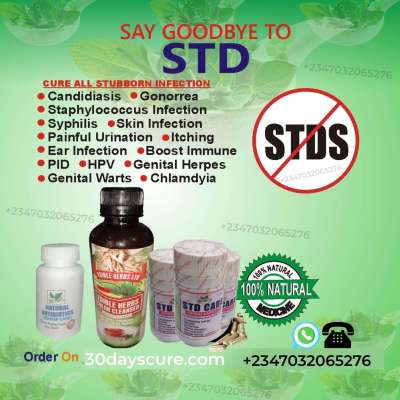What is it like to be HIV Positive for twenty or more years?
Having had it for 23 years, sometimes I briefly forget I even have it; today’s medications are very effective against HIV and minimally toxic. I take two tablets daily, and that’s all there is to it. I have quarterly labs, where they draw blood to be sure the meds are still working. I also have Type II diabetes, and can very much attest the conditions are very different in how they impact your life.
But then, I’ll see a scar from a Kaposi’s Sarcoma lesion (a common form of cancer in persons whose HIV condition advances to AIDS), or the sagging skin from almost a decade of injecting Fuzeon (a powerful HIV medication; was the drug that finally got my HIV under control), or read about a fellow HIV survivor who’s just passed away, or learn of someone who I lost touch with having passed away, and it all comes back.
The one physical sign that has never left me, are night sweats; nearly every morning my side of the bed is soaked in sweat. At home or traveling; cool bedroom or warm; bed covering or not. That’s not uncommon among long-term survivors.
I have found a lot of meaning and gratification in helping others learn how to avoid HIV, and what to do right after diagnosis. To those who are diagnosed today, I’d advise getting the relevant laboratory tests performed, including an HIV phenotype test, which tells the doctor which drug combinations are likely to work against your particular HIV infection. Also, I’d advise taking any medication the doctor prescribes; ask when it should be taken, whether food affects it (some need to be taken with food, others on an empty stomach, and still others aren’t affected), and which side effects to expect and which should be reported to the doctor.
Having had it for 23 years, sometimes I briefly forget I even have it; today’s medications are very effective against HIV and minimally toxic. I take two tablets daily, and that’s all there is to it. I have quarterly labs, where they draw blood to be sure the meds are still working. I also have Type II diabetes, and can very much attest the conditions are very different in how they impact your life.
But then, I’ll see a scar from a Kaposi’s Sarcoma lesion (a common form of cancer in persons whose HIV condition advances to AIDS), or the sagging skin from almost a decade of injecting Fuzeon (a powerful HIV medication; was the drug that finally got my HIV under control), or read about a fellow HIV survivor who’s just passed away, or learn of someone who I lost touch with having passed away, and it all comes back.
The one physical sign that has never left me, are night sweats; nearly every morning my side of the bed is soaked in sweat. At home or traveling; cool bedroom or warm; bed covering or not. That’s not uncommon among long-term survivors.
I have found a lot of meaning and gratification in helping others learn how to avoid HIV, and what to do right after diagnosis. To those who are diagnosed today, I’d advise getting the relevant laboratory tests performed, including an HIV phenotype test, which tells the doctor which drug combinations are likely to work against your particular HIV infection. Also, I’d advise taking any medication the doctor prescribes; ask when it should be taken, whether food affects it (some need to be taken with food, others on an empty stomach, and still others aren’t affected), and which side effects to expect and which should be reported to the doctor.
Like
Comment
Share

Joseph Edet
Delete Comment
Are you sure that you want to delete this comment ?
Kim Smart
Delete Comment
Are you sure that you want to delete this comment ?
Enobong Bassey
Delete Comment
Are you sure that you want to delete this comment ?
Oladipo Igbaroola
Delete Comment
Are you sure that you want to delete this comment ?
Angela Anayo Nzeh
Delete Comment
Are you sure that you want to delete this comment ?